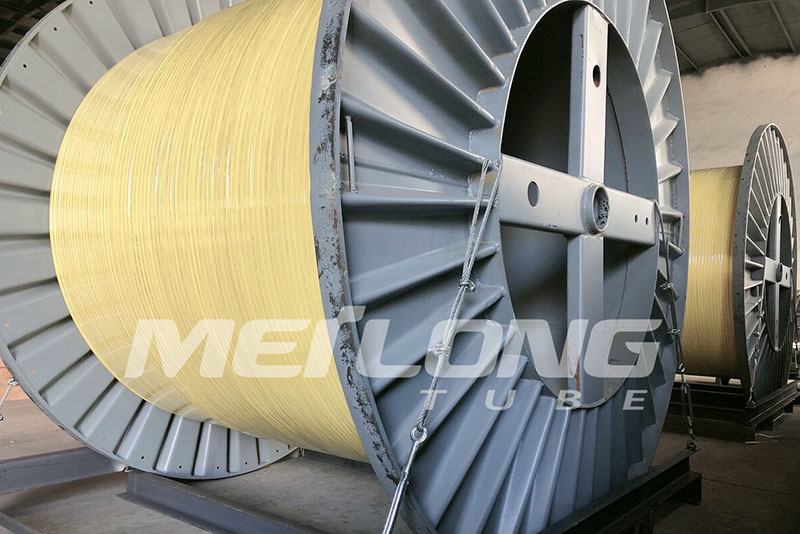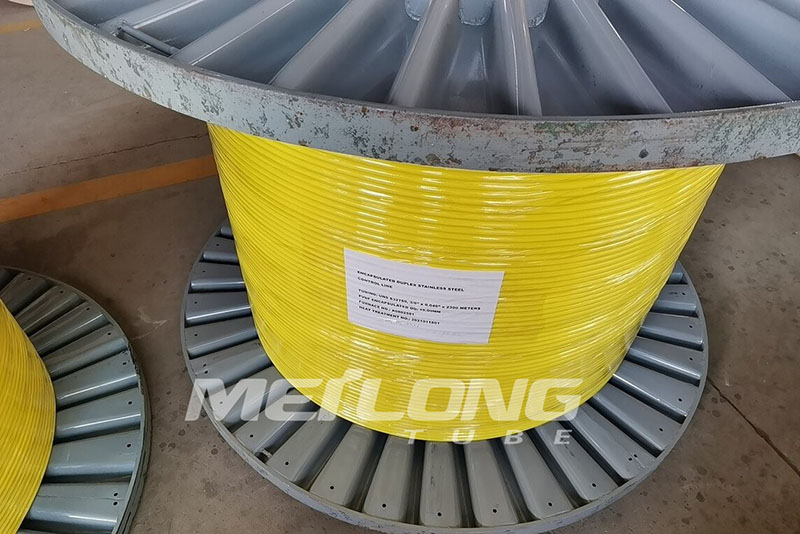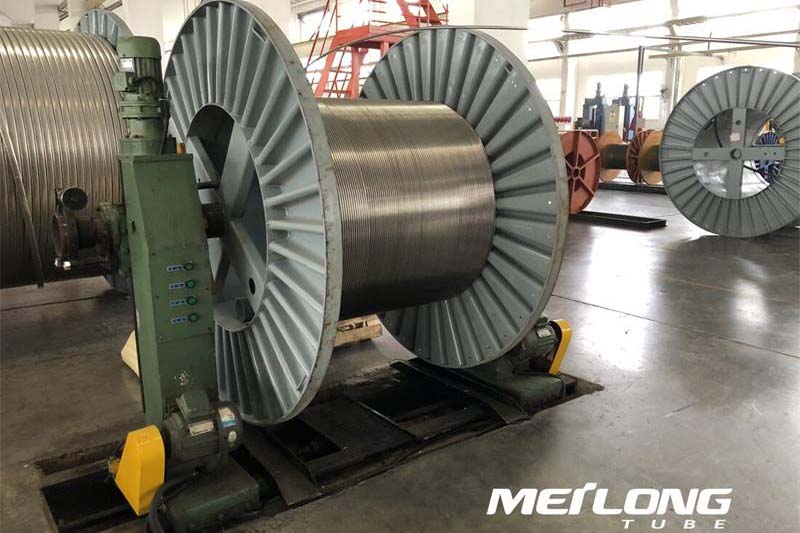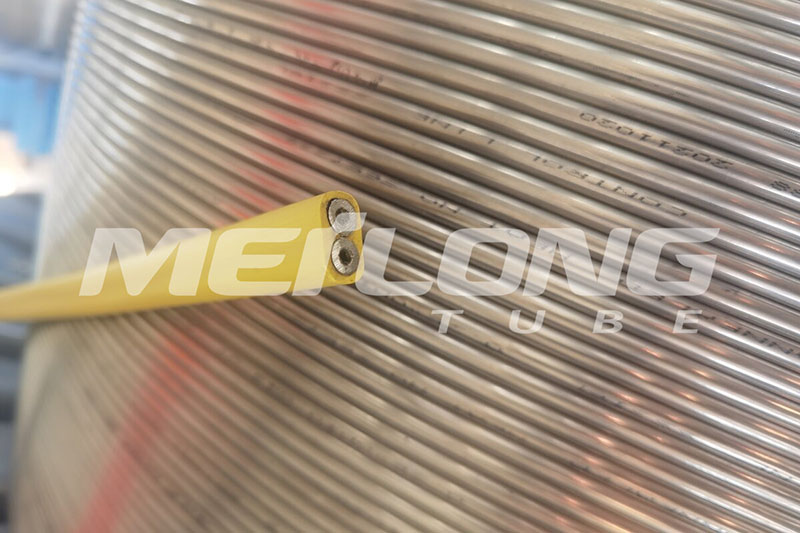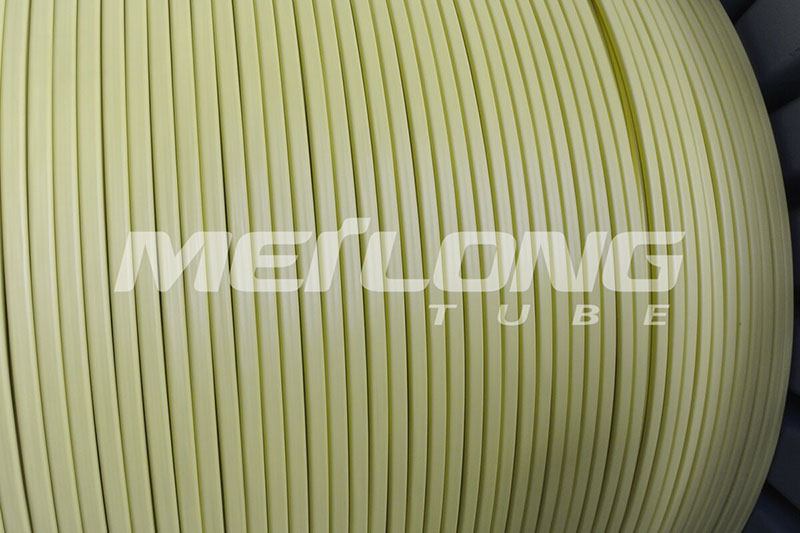Low price for 316L Control Line - Super Duplex 2507 Hydraulic Control Line Flatpack – MEILONG
Low price for 316L Control Line - Super Duplex 2507 Hydraulic Control Line Flatpack – MEILONG Detail:
Product Introduction
Surface-controlled subsurface safety valve (SCSSV)
A downhole safety valve that is operated from surface facilities through a control line strapped to the external surface of the production tubing. Two basic types of SCSSV are common: wireline retrievable, whereby the principal safety-valve components can be run and retrieved on slickline, and tubing retrievable, in which the entire safety-valve assembly is installed with the tubing string. The control system operates in a fail-safe mode, with hydraulic control pressure used to hold open a ball or flapper assembly that will close if the control pressure is lost.
Product Display
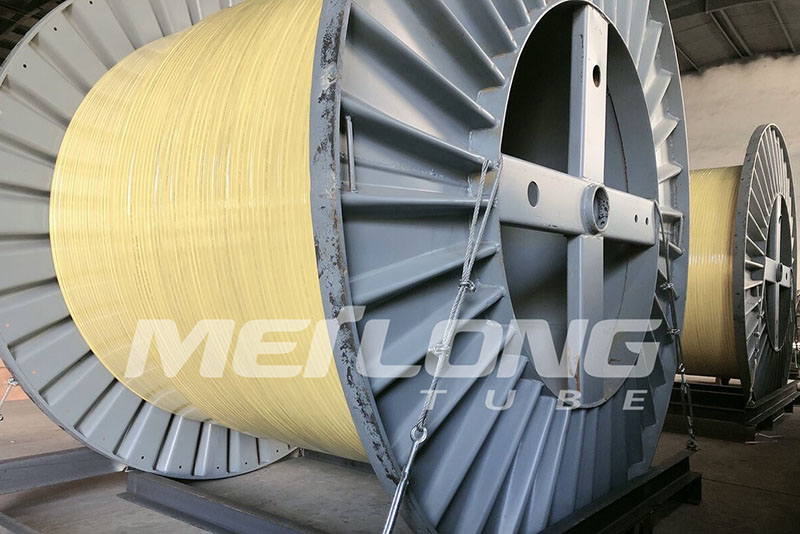
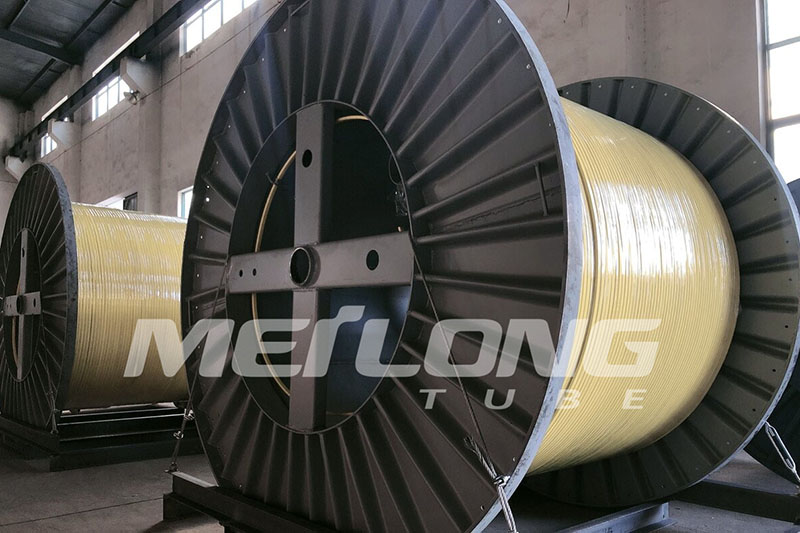
Alloy Feature
Corrosion Resistance
2507 Duplex is highly resistant to uniform corrosion by organic ac Super Duplex 2507 Plateids such as formic and acetic acid. It is also highly resistant to inorganic acids, especially if they contain chlorides. Alloy 2507 is highly resistant to carbide-related intergranular corrosion. Due to the ferritic portion of the duplex structure of the alloy it is very resistant to stress corrosion cracking in warm chloride containing environments. Through additions of chromium, molybdenum and nitrogen localized corrosion such as pitting and crevice attack are improved. Alloy 2507 has excellent localized pitting resistance.
Characteristics
High resistance to chloride stress corrosion cracking
High Strength
Superior resistance to chloride pitting and crevice corrosion
Good general corrosion resistance
Suggested for applications up to 600° F
Low rate of thermal expansion
Combination of properties given by austenitic and ferritic structure
Good weldability and workability
Application
Flatpacks are commonly used when several different lines are terminated at approximately the same depth in the well.
Common applications include intelligent well systems, deep-set chemical injection lines with downhole gauge cable and safety valve lines with shallow set chemical injection lines. For some applications bumper bars are also encapsulated into the flatpack to provide additional crush resistance.
Product detail pictures:



Related Product Guide:
Our purpose would be to offer good quality products at competitive price ranges, and top-notch support to clients around the whole world. We're ISO9001, CE, and GS certified and strictly adhere to their good quality specifications for Low price for 316L Control Line - Super Duplex 2507 Hydraulic Control Line Flatpack – MEILONG , The product will supply to all over the world, such as: Atlanta, United Arab Emirates, Moldova, Due to the changing trends in this field, we involve ourselves into products trade with dedicated efforts and managerial excellence. We maintain timely delivery schedules, innovative designs, quality and transparency for our customers. Our moto is to deliver quality products within stipulated time.
The customer service staff's answer is very meticulous, the most important is that the product quality is very good, and packaged carefully, shipped quickly!

